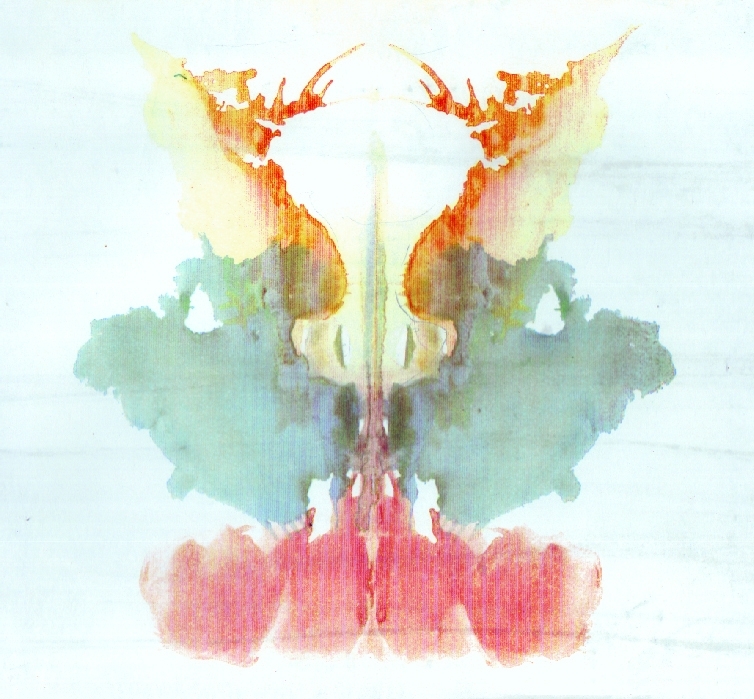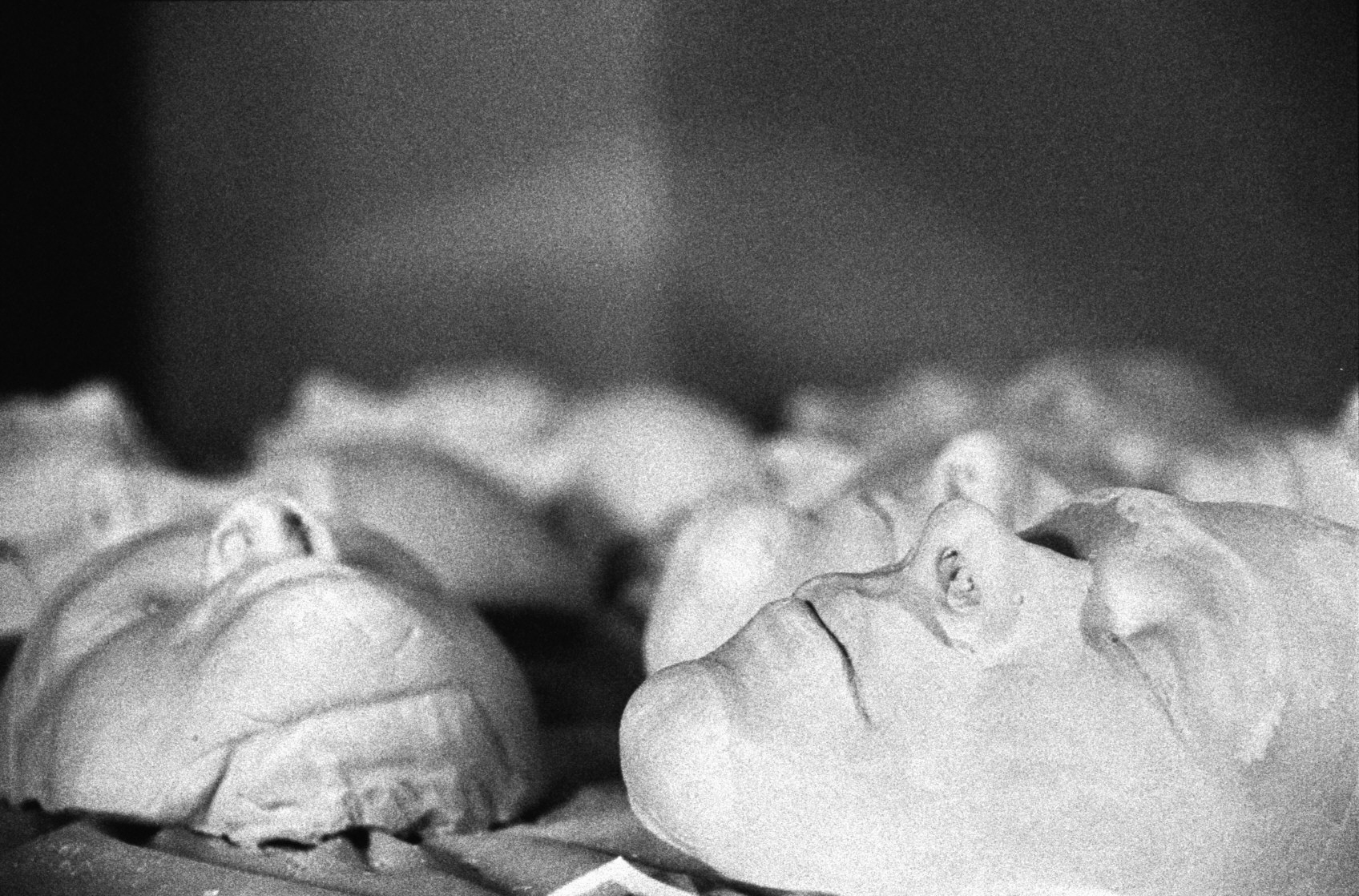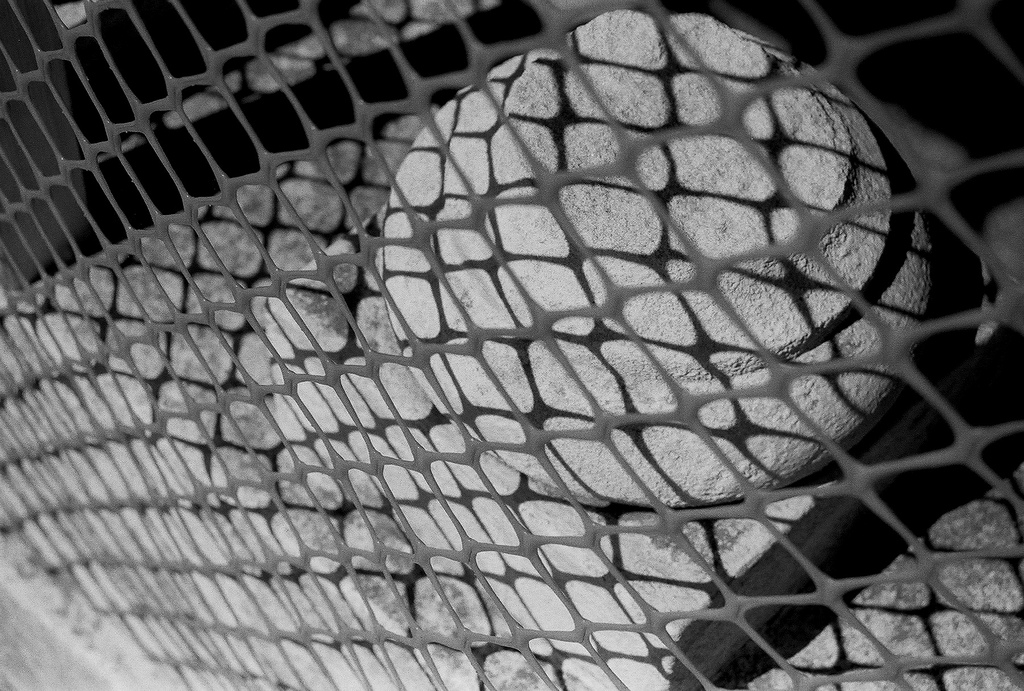Translations by Ruth Ward
THAT’S WHAT HAPPENS
1.
That’s what happens if you dive in murky water;
everything disappears from sight, you start looking
at that lot of nothingness closing in around you.
Everything looks as you wish it did not.
When you lift your head, your eyes shut quickly.
2.
That’s what happens when you search in your mother’s eyes,
when they retract deep in their sockets:
You start seeing what isn’t there, what you desire;
you start seeing everything anew
when everything’s spiraling downwards, finishing.
3.
That’s what happens when you drink from this water,
which, once upon a time, sprang in abundance:
Instead of quenching your thirst, your throat gets even drier.
You long to sing the last long note,
but a broken voice no one hears is all you can manage.
4.
That’s what happens if you go browsing the archives
where blood and tears had rolled slowly:
You start finding your name, written,
large and bold so that everyone can read it,
only to watch it vanish like dust.
5.
That’s what happens when you want to make your voice heard:
When you go to end of the street the read
eyes will be rolling,
taking note of each sentence,
taking down notes to shut you up.
6.
That’s what happens when you look through the window
and yawn the emptiness of a loveless night:
As soon as the first day of what’s left is dawning,
you feel your heart counting each step, one by one,
and your toes lose all of their rhythm.
7.
That’s what happens when you take too long to be born:
Someone else reaches the fruit before you;
they lift their arms and pick it
while you’re still at your mother’s breast sucking.
You grow a little and go searching only to find nothing.
8.
That’s what happens when you wake up next to nothingness:
You call the name of the loved one, hoping
the loved one wakes and calls your name back.
The void, however, is voiceless.
It has only you, sitting beside it.
9.
That’s what happens when you keep hoping
to taste pomegranates at the beginning of October,
to fill your mouth with that redness …
all without noticing the tree has been lopped off.
And a wall erected to keep you fasting.
10.
That’s what happens when you stay up too late:
Someone else will lie down before you
in the same bed where you wanted to rest and sweat.
Now you’ll be left to wait all by yourself,
biting your nails, eavesdropping behind the door.
11.
That’s what happens when you hear the clock
chiming loudly at 1 a.m.:
Your feet will have imprinted another step on the floor,
a little closer to the edge than the one before —
a little heavier, a little deeper, a little more.
12.
That’s what happens when you come to the last page:
You’re frightened by the ink-filled ones from before.
You struggle to understand what you’ve written at the beginning.
You close your eyes so that you can read no more
or feel happy because you’re starting a new copybook.
FOR ĠORĠ
Now even Ġorġ turned round the corner.
I hadn’t seen him in forty years.
By coincidence I spotted him hurrying by.
I greeted him, he did not see me. I called him,
I don’t know if he heard me. I only know
he reached the end of the road; I know that he turned the corner.
Shortly thereafter, well-fed ravens flew over my head.
THE LAST CHILD
Lost as we were listening to the scream
of the woman giving birth to the last child,
we did not notice that a chilling darkness fell,
pierced by a few fragile stars,
who looked uncertain if they should stay.
Under the descending balcony
an old man stops to search for the last word
he heard his wife tell him before making him a widower.
In this dark, he’s hardly visible but we know only too well
that he’s looking, marking one of us
to take him to the sea to watch death.
Death is not an old woman dressed in black.
Death is the waves, suddenly beating,
that start God knows where … until they reach us;
Death is a pretty butterfly rustling its wings;
a half-dressed woman, sent to seduce;
or a man … waiting in a car.
Death is the morning toast;
the glass of milk, that pint of beer.
Death is the trees, the flowers; the fruit
shared with us by the woman we loved most —
the one who saw us naked playing hide-and-seek,
with spittle drooling coldly from our lips.
Yes, lost as we were listening,
we didn’t notice the sun had risen again
slightly covered with bluish clouds
reluctant to watch our tragedy.
Under the descending balcony
there’s a famined dog rummaging for a bone.
Instead it finds nothing but empty soil — and buries himself.
The scream stopped. We can hear a cry — the cry
of the last child. Now we’re leaving;
going together to the shore,
carrying this child with us, along with the mother,
to find the point where the waves began;
to hear the motion of butterfly wings.
Let’s drink, my friends, for soon enough
the long expected will happen.
These original poems in Maltese were published by Klabb Kotba Maltin.
About the Author
Immanuel Mifsud is one of Malta’s most loved and respected writers. A European Union Prize for Literature recipient published throughout the UK, Europe, Canada, and the Arabic-speaking world, this novelist, poet, playwright, and translator has been introduced only recently to North American audiences through literary festivals and readings. In 2017, Mifsud became the first Maltese writer to give a reading at the U.S. Library of Congress. Mifsud is a lecturer in literary theory and Maltese literature at the University of Malta. While Mifsud writes on a variety of themes, the body and body imagery features throughout his poetry. His academic focus is on the depiction of the body in literature.
About the Translators
Ruth Ward is a writer of poetry and prose and translator in the arts and literature. Her work has been read, performed, published, and further translated in the UK, Europe, North Africa, and the Middle East. While she is based in the US, her creative collaborations have centered on the Mediterranean. Her ties to Spain and Malta span more than a decade.




